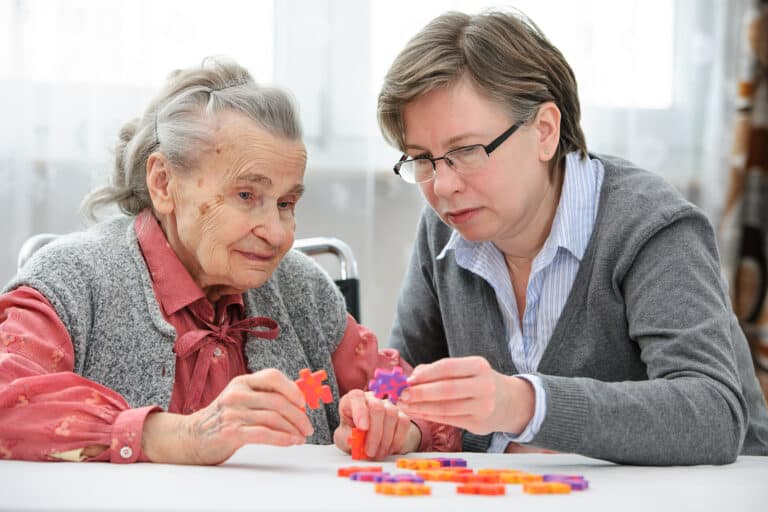Seniors that are over the age of 65 have a high risk of developing Alzheimer’s, especially if they have other risk factors besides age. But age is the number one risk factor when it comes to Alzheimer’s disease.
When a senior parent is diagnosed with Alzheimer’s, family members are often in shock. And it’s normal for seniors and their families to need some time to process the diagnosis. But Alzheimer’s is a race against the clock. The sooner that seniors start doing things that help them hang onto their cognitive skills, the better the chances are that they can slow down the progression of their cognitive decline. To help seniors do that they need:
Alzheimer’s Care
Seniors with Alzheimer’s require specialized Alzheimer’s care tailored to their cognitive and physical abilities. They need caregivers who understand the disease’s progression and can provide the appropriate level of assistance and support. This may include help with daily living activities such as bathing, dressing, and eating. Additionally, caregivers should be trained in dementia care techniques to effectively communicate with and manage behavioral changes that may arise.
A Familiar, Safe and Structured Environment
Alzheimer’s can lead to memory loss, confusion, and disorientation. Creating a safe and structured environment is essential to prevent accidents and reduce anxiety for seniors. Implementing safety measures like handrails, grab bars, and removing tripping hazards can minimize the risk of falls. Maintaining a consistent daily routine can also help seniors with Alzheimer’s feel more secure and grounded.
Engaging and Enriching Activities
Keeping seniors with Alzheimer’s engaged in meaningful and stimulating activities is crucial for their cognitive and emotional well-being. Activities such as puzzles, memory games, art and music therapy, and gentle physical exercises can help maintain cognitive function, improve mood, and reduce agitation. Tailoring activities to the individual’s interests and abilities is key to promoting a sense of accomplishment and joy.
Regular Medical Monitoring and Care
Regular medical check-ups and monitoring are essential for seniors with Alzheimer’s to manage the disease and address any associated health concerns. This includes routine visits to healthcare professionals, medication management, and monitoring of chronic conditions that may coexist with Alzheimer’s.
Emotional Support and Companionship
Seniors with Alzheimer’s may experience feelings of confusion, frustration, and isolation. Emotional support and companionship from family, friends, and caregivers play a vital role in their well-being. Spending quality time with the individual, engaging in conversations, and offering reassurance and comfort can help reduce feelings of loneliness and improve their overall emotional state.
Family members need support too. Family caregivers should take care of their own physical and mental health while they are coming to terms with their senior parent’s diagnosis. Remember to eat, get enough rest, and exercise. And it’s recommended that family caregivers join some caregiver support groups and connect with other people who are going through an Alzheimer’s journey with a senior parent. It can really help to talk with other people who have similar experiences.
If you or an aging loved one are considering Alzheimer’s care in Goldsboro, NC, please contact the caring staff at East Carolina Home Care today. Call (252) 321-5510.
Providing quality home care for seniors and families in and around Greenville, Rocky Mount, Tarboro, Hookerton, Farmville, Elm City, Wilson, Kinston, Snow Hill, Williamson, Goldsboro, and Washington in North Carolina.
- Fun DIY Halloween Projects for Seniors - October 12, 2023
- 5 Things All Seniors With Alzheimer’s Need - September 22, 2023
- Reducing Stress Through Physical Activity For Seniors - September 8, 2023





